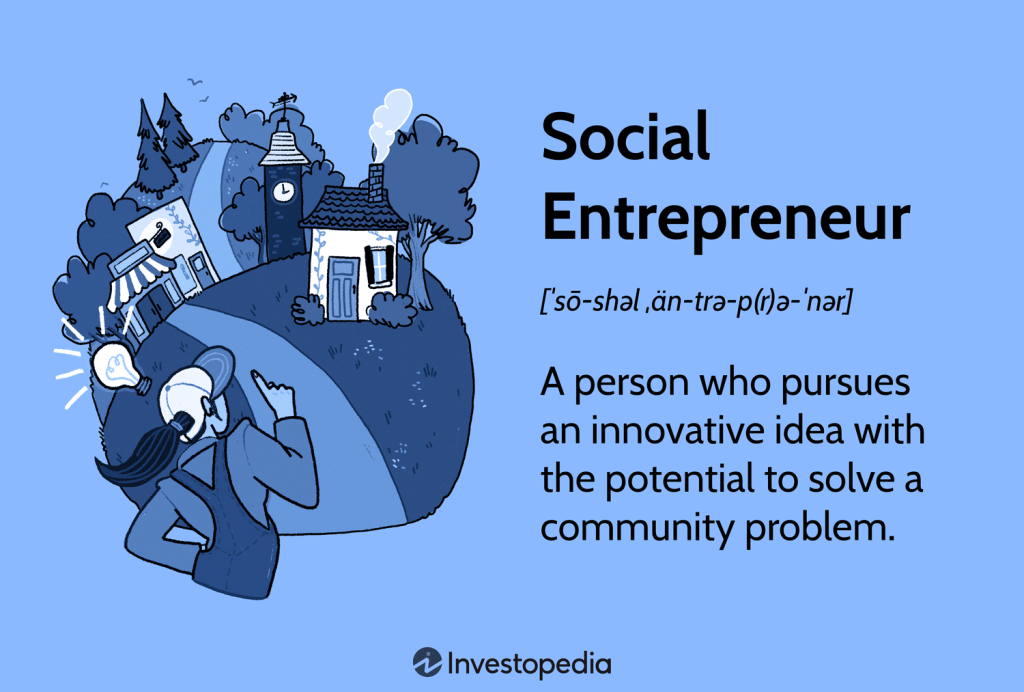Entity cultural service shows a paradigm change in the way organizations interact with and contribute to society. Beyond the original realms of profit-making, entities are realizing their role as responsible and productive individuals in neighborhood well-being. This approach moves beyond intermittent charitable donations to instill a culture of social duty profoundly ingrained within an entity’s prices and operations.
One of the important aspects of entity social company is its increased exposure of creating sustainable and impactful change. Rather than watching social initiatives as pure philanthropy, entities are increasingly purchasing jobs that address systemic dilemmas, adding to long-term alternatives and positive change within communities. This change reflects a responsibility to approaching origin causes and fostering resilience as opposed to merely improving quick needs.
Corporate entities are leveraging their assets, experience, and effect to deal with pressing social and environmental challenges. Through proper partnerships with nonprofits, governmental agencies, and different stakeholders, entities take part in collaborative efforts that increase their impact. These unions allow for a far more comprehensive and incorporated way of approaching complex cultural dilemmas, combining resources and knowledge for larger effectiveness.
Entities employed in social service often adopt a holistic view of these affect, considering not just the financial but also environmentally friendly and cultural sizes of their operations. That triple-bottom-line method, called the “people, planet, profit” platform, shows a responsibility to balancing economic achievement with environmental stewardship and cultural equity. By integrating sustainability within their company practices, entities contribute to a more equitable and environmentally conscious world.
Worker involvement is an important part of effective entity social service initiatives. Several businesses observe that their staff are essential stakeholders within their neighborhood impact. By involving personnel in offer applications, community outreach, and social initiatives, entities foster a feeling of purpose and collective duty among their workforce. This not only enhances employee satisfaction but in addition strengthens the entity’s connection to the areas it serves.
Calculating and confirming on cultural influence is an integral section of entity social service. Through transparent revealing mechanisms, entities speak their contributions to stakeholders, investors, and the wider public. These impact assessments rise above financial metrics to encompass the social and environmental outcomes of these initiatives. This openness builds trust and accountability, stimulating entities to continually improve and innovate within their cultural company endeavors.
Entities are increasingly knowing the significance of aligning their cultural support initiatives with their primary competencies. By leveraging their particular abilities, Dich vu Entity , and resources, entities will make a far more important and sustainable factor to societal challenges. This method goes beyond economic donations, allowing entities to use their expertise to generate sustained good modify in areas straight connected for their organization operations.

To conclude, entity social company marks a major shift in the role of companies within society. It reflects a broader understanding of corporate duty, planning beyond profit-making to definitely contribute to the well-being of communities and the planet. As entities continue steadily to evolve in their approach to social company, the prospect of positive and sustained impact on an international scale becomes significantly promising.
